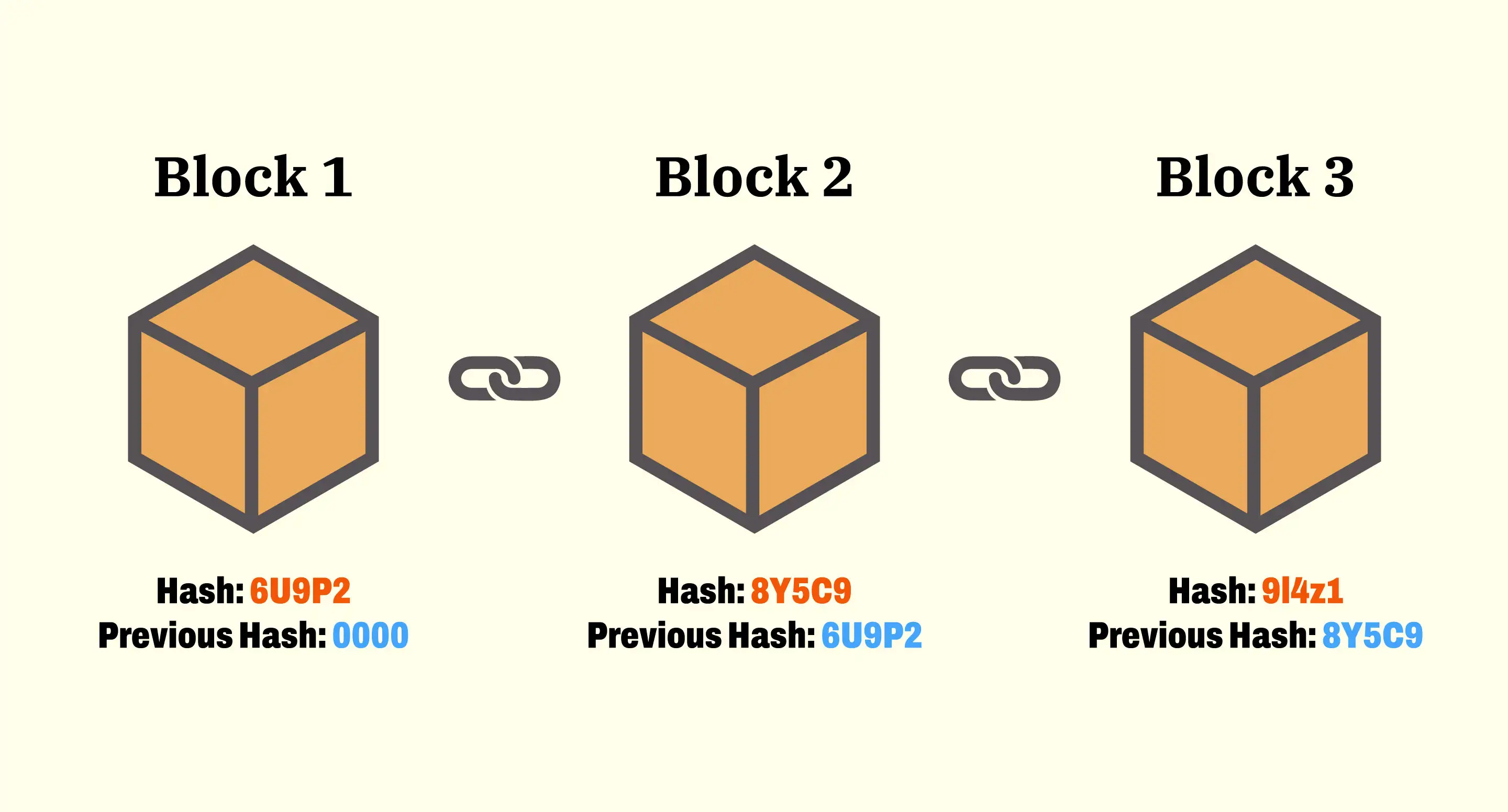Rise by Six: Your Daily Dose of Inspiration
Explore insights and stories that elevate your day.
Blockchain: The Digital Ledger That's Changing the Game
Discover how blockchain is revolutionizing industries and reshaping the future. Dive into the digital ledger that's changing the game!
How Does Blockchain Technology Work? A Simple Explanation
Blockchain technology operates as a decentralized ledger system that records transactions across many computers. This ensures that every transaction is verifiable and immutable, meaning once data is entered, it cannot be altered. Each block in the chain contains several transactions and is linked to the previous block, forming a chronological and secure data chain. The decentralized nature of blockchain eliminates the need for intermediaries, which not only speeds up transactions but also reduces costs associated with traditional finance.
The process begins when a transaction is initiated by a user, which is then verified by a network of computers called nodes. Upon verification, the transaction is clustered with others into a block. Once the block is filled, it is added to the existing blockchain through a consensus mechanism, typically involving cryptographic validation. This process ensures that all participants in the network have access to the same trusted data, enhancing transparency and security in operations. Overall, blockchain technology revolutionizes how we think about trust and accountability in digital transactions.

The Benefits of Blockchain: Why It's a Game Changer for Businesses
The advent of blockchain technology marks a significant transformation in various business sectors, delivering unmatched advantages such as transparency, security, and efficiency. By maintaining a decentralized ledger, blockchain eliminates the need for intermediaries, allowing transactions to be conducted directly between parties. This not only reduces transaction costs but also minimizes the risk of fraud. Moreover, the immutable nature of blockchain ensures that once data is recorded, it cannot be altered, providing a reliable audit trail that is essential for regulatory compliance and trust-building among stakeholders.
In addition to these benefits, blockchain fosters innovation by enabling new business models that were previously not feasible. Industries like supply chain management and finance are leveraging blockchain to enhance traceability and streamline processes. For instance, businesses can track the provenance of goods in real-time, ensuring quality and authenticity. Furthermore, programmable smart contracts automate agreements and reduce the need for manual intervention, significantly speeding up operations while simultaneously decreasing human error. Overall, blockchain proves to be a game changer, equipping businesses with the tools necessary to thrive in a digital economy.
Top 5 Misconceptions About Blockchain You Need to Know
Blockchain technology is often misunderstood, leading to a plethora of misconceptions that can obscure its true potential. One of the most prevalent myths is that blockchain is synonymous with cryptocurrencies. While it's true that blockchain technology underpins digital currencies like Bitcoin and Ethereum, its applications extend far beyond finance. Blockchain can revolutionize industries ranging from supply chain management to healthcare by providing transparent, secure, and efficient data sharing.
Another common misconception is that blockchain is completely anonymous and untraceable. In reality, while blockchain transactions may not reveal personal identities, they are recorded on a public ledger that can be scrutinized. This transparency means that all transactions are visible and traceable, which can enhance accountability rather than promote illicit activity. Understanding these facets of blockchain is crucial for comprehending its potential impact on various sectors.